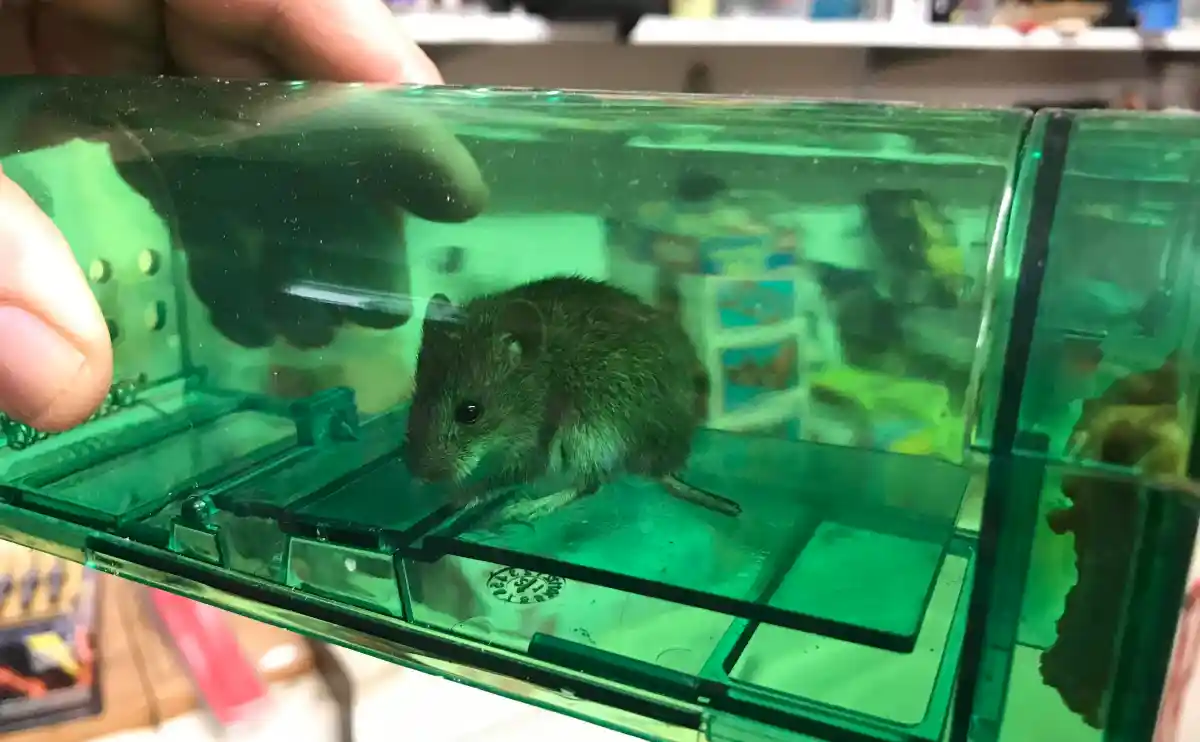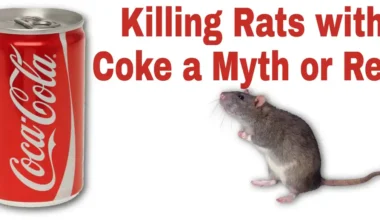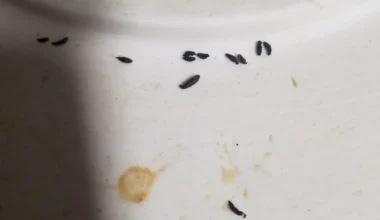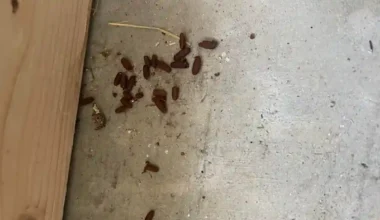As bird feeding gains popularity, rats are also becoming a problem to deal with in your garden. Rats are attracted to the bird seeds, making them not just uninvited guests but a nuisance. However, you can feed birds without attracting rats with simple methods.
How to feed birds without attracting rats

Follow the simple methods below to keep rats away while feeding the birds:
1. Invest in rodent-proof bird feeders
Your type of bird feeder significantly determines whether rats can steal the bird’s food or not. When selecting a bird feeder for your garden, invest in one that can be positioned out of rodents’ reach. If possible, go for a hanging bird feeder. You also need a sturdy one that won’t easily get knocked down by the birds’ weight.
This is important because if seeds from your bird feeder scatter on the ground, it’s only natural for rats to feed on them and lurk in the garden for more. You can ensure additional security of your bird feeding pole using a birdseed catcher or installing a tray.
2. Eliminate water sources
Rats cannot live without food, water, or shelter—State of Indiana. Thus, removing water sources will discourage rats from infiltrating your garden in search of it. Although it can be challenging to eliminate water sources, particularly when dealing with ponds or pools, you can still take steps to discourage rodents by emptying birdbaths at night and repairing leaks.
3. Ne careful while storing your bird seeds
Rats are known for their scavenging abilities, so you need to exercise extra caution when storing seeds intended for birds. Use galvanized metal bins equipped with a sturdy lids.
Keep in mind that rats tend to gnaw through various materials, including wood, rubber, and low-quality concrete. However, while they can breach metal containers, it would certainly be difficult for them to break in. Also, consider storing these bins in a shed rather than inside your home to avoid attracting rats indoors.
4. Maintain a clean yard and feeding areas
Birds can exhibit selective eating habits, sifting through seeds to find their preferred morsels while discarding the rest. Consequently, scattering seeds on the ground is ill-advised if your goal is to feed birds without attracting rats. Thus, maintain cleanliness in your garden as well as the feeding areas by regularly cleaning up discarded seeds. You should sweep them up at least once per day, preferably before nightfall.
5. Add a baffle to your bird table
The sight of rats on bird feeders is far from pleasant since rats can effortlessly climb trees and reach your birdseed catchers. If you have a bird table, rats will likely have access to the food. The solution is to install a baffle on your bird table to deter rats.
Baffles serve as a reliable deterrent, not only for mice and rats but also for squirrels, preventing them from the birds’ food.
These cone-shaped devices are made of either plastic or metal and can be easily attached to the feeding poles. Baffles create a slippery surface, making it impossible for rats to climb on top of them.
6. Deter rats with a seed tray
The attraction of bird feeders lies in the seeds they contain, so you want to keep the seeds from reaching the ground to feed birds without attracting rats. Rats and other rodents can scavenge through the fallen or discarded seeds as birds feed at the feeder.
The solution is to attach a seed tray beneath the feeder to collect any dropped seeds, nuts, and fruits from landing on the ground, rotting, and creating a breeding ground for bacteria.
7. Don’t use platform trays for bird feeding
Birds such as mourning doves, juncos, and grosbeaks are avid enthusiasts of these feeders. Unfortunately, rats are equally attracted to them. Platform feeders are open trays that provide the most convenient access to bird food placed in them. While some are designed to be hung, others are specifically designed for birds that prefer feeding at ground level. Those designed for ground feeding are equipped with legs to stabilize them on lawns and various surfaces.
Do bird feeders attract rats
People who have experience with birdseed catchers or different feeder types are already aware of this. However, for the benefit of enthusiasts eager to start feeding birds in their gardens, it must be stated – indeed, bird feeders attract rats.
Rats are curious rodents and are always in search of food for survival, so it is only natural for them to nab some bird seeds. A rat’s instinct is always on the hunt for food and will eat virtually anything it can grasp with its little paws. That’s why rats are considered opportunistic eaters by experts, according to the National Library of Medicine.
Unfortunately, rats are also disease carriers, including Salmonella, so they pose a risk to both humans and the birds you feed.
A bird feeder is not always an automatic rat presence. You might not have any bird feeders at all, yet still have rats skulking about in your yard—moreover, you can never be sure of the number of rat visitors in your garden.
Don’t do these to rats
In a bid to feed birds without attracting rats, you have to be cautious about using any inhumane rat control. Rat poison, for example, can be a threat to not just rats but also the birds and other non-target wild animals that consume the poison or feed on the dead body of a poisoned rat.
Another inhumane way to control a rat population while feeding birds is the use of glue traps. Apart from being inhumane, sticky traps also pose a significant risk to other animals, potentially causing them to become trapped and endure a slow, agonizing death. Do note that rats may be able to escape a glue trap due to their body size.
Alternative, you should use live rat traps such as bucket rat traps to capture and release rats far from your home. Snap traps are also a better option but be strategic with the placement to avoid snapping a non-target wild animal.
Contact your local rodent control professional
If your attempt to feed birds without attracting rats does not work, enlist the services of a professional rodent control expert. These skilled technicians will conduct a thorough inspection and employ appropriate methods to effectively eliminate rats from your yard or garden while ensuring the safety of your pets and other wild animals.
Read also: ways to build a tree rat guard





